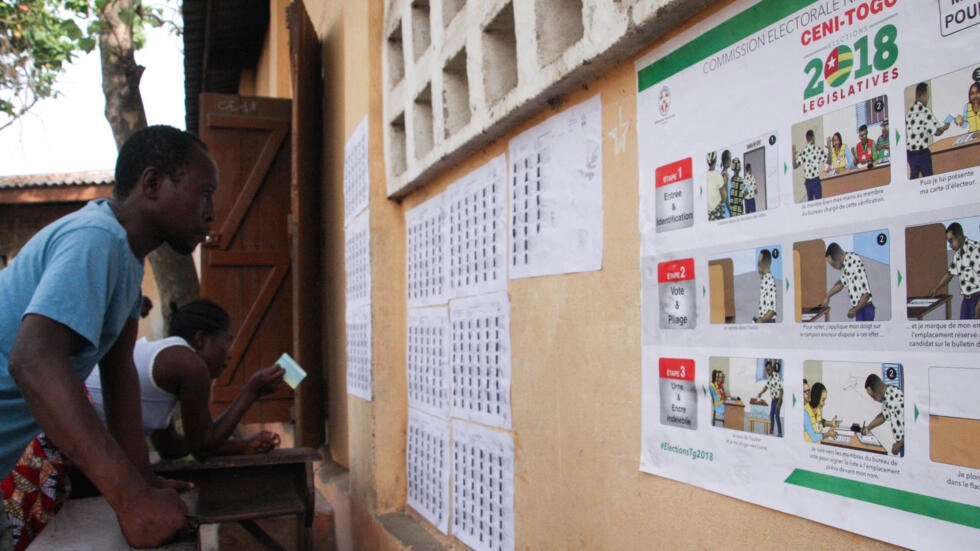
The opposition in Togo has expressed concerns about the fairness of upcoming parliamentary elections, following the government’s decision to delay the polls.
The government announced that the elections would be held no later than the end of the first quarter of 2024, backtracking on a previous promise to hold them within 12 months.
Brigitte Adjamagbo-Johnson, coordinator of the main opposition coalition, criticized the delay, stating that it did not seem realistic given the preparations needed for fair elections.
Adjamagbo-Johnson called for reforms, including the renewal of the electoral commission’s mandate and fairer constituency boundaries.
She emphasized the need for dialogue with the government to ensure a democratic process and warned of potential demonstrations if the opposition is not consulted.
Adjamagbo-Johnson expressed concerns about the “institutional vacuum” created by the delayed elections.
Under Togo’s constitution, legislative elections must be held within 30 days of the end of the National Assembly’s session, which will be at the end of December.
The lack of elections will leave the country with an assembly that cannot legislate or control the government’s actions for three months.
Togo’s current head of state, Faure Gnassingbe, has been in power since 2005, following the death of his father, General Eyadema Gnassingbe, who ruled for 38 years.
Gnassingbe has won every election since taking office, but the opposition has disputed the results.
Adjamagbo-Johnson became the first woman to run for president in Togo in 2010 but withdrew due to fears of fraud.
The opposition boycotted the 2018 polls, citing irregularities in the census.
This time, the opposition hopes to challenge the ruling party and has called for increased voter registration.
